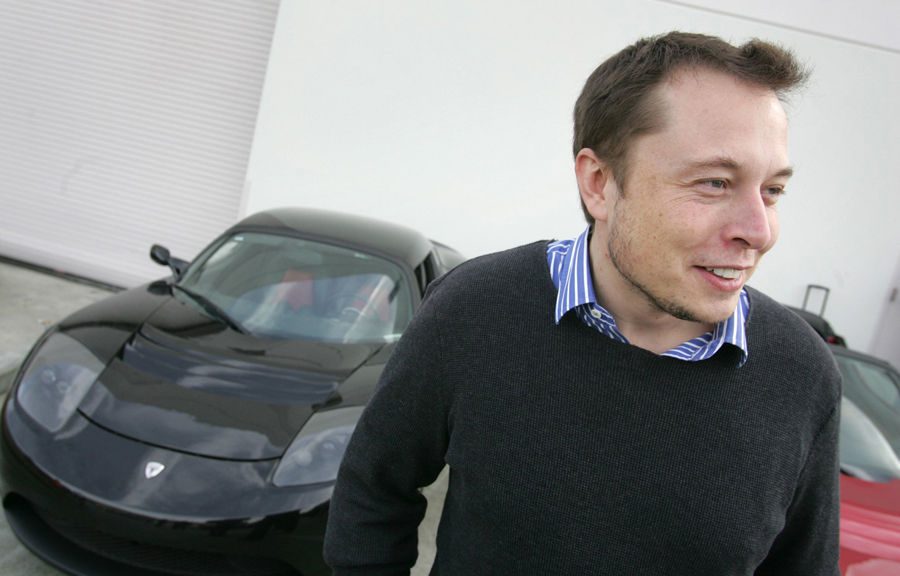Elon Musk’s SpaceX plans internet in space, Google investing
Musk’s new project would consist of a vast network of communication satellites closely orbiting earth.
Humanity’s interest in the universe has been ongoing since the beginning of time.
The stars in our skies are made of the same bit of dirt holding our weight. Our desire to explore and overcome the boundaries of what we currently know is never ending, and now is the time to be pursuing those desires.
Elon Musk, an entrepreneur known best for SpaceX, Tesla Motors, PayPal, SolarCity and Hyperloop, has a new vision: Internet in space.
Musk’s new project would consist of a vast network of communication satellites closely orbiting earth. The network’s two main goals are to provide a reasonably priced Internet service to the three billion-plus people who have little to no access of the Web, and to speed up the general flow of data on the Internet.
“Our focus is on creating a global communications system that would be larger than anything that has been talked about to date,” Musk said in an earlier interview with Bloomberg Businessweek.
Musk has secured investments from the likes of Founders Fund, Draper Fisher Jurvetson and Valor Equity Partners. Google is nearing the final stages of investing as well, and is said to have agreed to value SpaceX at just over $10 billion.
Some may criticize investors, often arguing that it is unwise to invest in space technology during such harsh economic times.
Though it’s true that there are other places these investors could be putting their money, such as affordable health care or housing, it’s important to understand that space technology benefits Earth in several ways, too.
Space technology has led to many of the advancements that we take for granted on a daily basis. Satellite television and GPS exist because of our space program. In fact, 69 technologies have been inducted into the Space Technology Hall of Fame so far. These technologies illustrate exactly how space exploration can have unexpected benefits on Earth.
The ground antenna transmit receiver (GATR) communication system, for example, is used by our military and homeland security. The technology is also used for relief efforts following hurricanes, earthquakes, wildfires and other disasters.
Another hall of fame inductee is a compact, low power ultrasound machine. The device was developed through the Advanced Diagnostic Ultrasound in Microgravity (ADUM) experiment, and it allows experts to send ultrasound scans over long distances on Earth without loss of image quality.
Investing in space benefits several facets of global life. Investing in space is investing in exploration, desire and humanity.
The Earth contains our present problems and challenges. Space contains our future.







